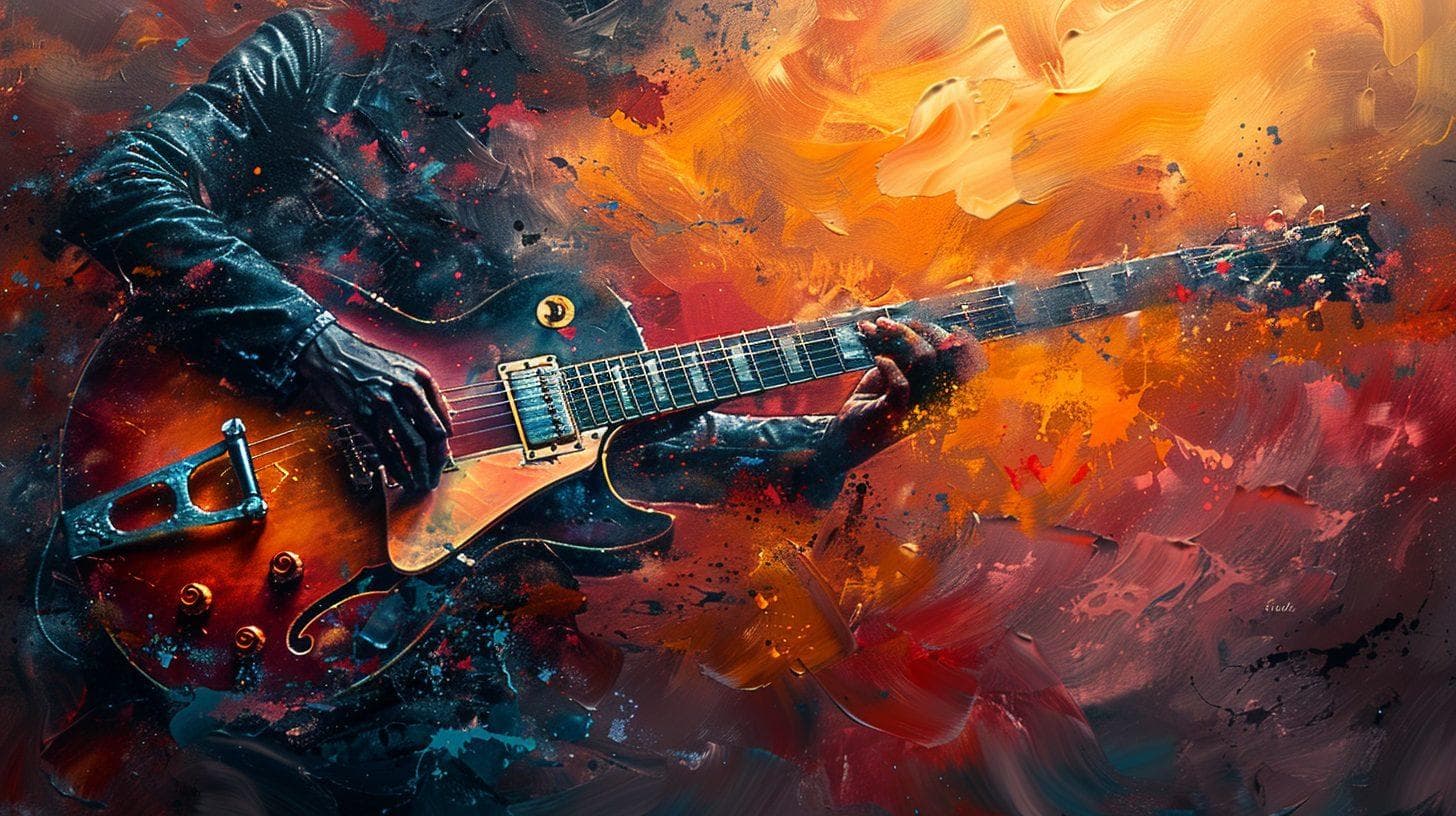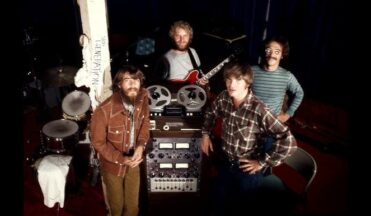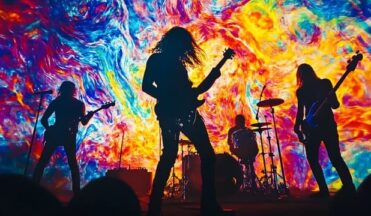Music genres born in an era of rebellion and freedom are once again stepping into the spotlight. Psychedelic rock and garage punk are experiencing a second youth, resonating with a new generation of listeners and musicians. Their raw energy, atmospheric sound, and emotional charge fit perfectly into the concept of modern festivals that value authenticity and creativity. In Slovenia, this movement is gaining momentum, turning alternative stages into hubs of cultural reboot. Returning to their roots, these genres are finding new sound and meaning.
The Return of the Sound of Freedom
Psychedelic rock and garage punk, two genres that once symbolized rebellion, protest, and freedom of expression, are back in full force. Today, you can hear them not only in the archives of music connoisseurs or on dusty vinyl records but also on the main stages of European festivals, including events in Slovenia. This revival wave has been picked up by young bands inspired by the sound of the ’60s and ’70s, mixing it with modern electronics, experiments, and visual art.
Interest in these genres has grown noticeably against the backdrop of fatigue from digital sterility and the sameness of mainstream music. People once again seek live sound, recording imperfections, genuine emotionality, and energy that only real instruments and autotune-free vocals can deliver. This is what psychedelic rock thrives on—it doesn’t aim for perfection, and its magic lies precisely in its imperfection.
The Slovenian Scene and European Influences
Despite its modest size, Slovenia keeps pace with the global trend. Ljubljana, Maribor, and even small towns are becoming venues for alternative festivals where you can hear bands reviving the aesthetic of early Pink Floyd, The 13th Floor Elevators, or The Sonics. In recent years, the MENT Ljubljana festival has gained special popularity, where garage sound blends with psychedelic visuals, neon, and uncompromising stage performances.
Young Slovenian bands like Haiku Garden and Lelee are becoming part of this movement, building a bridge between local culture and the global nostalgia for analog sound. At the same time, they are not simply replicating the past but creating a new form—with elements of dream pop, shoegaze, and indie—making their music relevant and recognizable on the European scene.
It is worth noting that the growing interest in such genres parallels the development of other forms of leisure. In a world where online entertainment—from video games to online casinos—is becoming more accessible, live music gains special value. It offers physical presence, shared experience, the vibration from speakers, and the opportunity to lose oneself in sound rather than pixels.
For fans of virtual entertainment, we recommend exploring top online casino slovensko, where gaming platforms offer a wide selection of games from leading global providers. In addition, various bonus programs are regularly available, which is sure to delight users.
Why Psychedelia Is Relevant Again
The revival of psychedelic rock is not just a retro trend. It also responds to the state of modern society, where interest in spiritual practices, mindfulness, and alternative perceptions of reality is growing. Sound saturated with reverberation, spatial effects, and layered guitar riffs invites listeners to step beyond the everyday. It’s a musical journey, akin to an internal trip, only safe and legal.
Moreover, festivals featuring such bands are increasingly interdisciplinary: you can see installations, video art, performances, and sometimes even lectures on rock history or the psychology of sound perception. This expansion of boundaries makes a festival not just a concert but a true cultural phenomenon.
Garage punk, meanwhile, returns as an antidote to complex production schemes. Its sound is simple, aggressive, sometimes even rough—and that’s its honesty. For a listener tired of polished pop hits, it’s a breath of fresh air. A scene where musicians connect the gear themselves, tune their guitars, and start playing without rehearsal brings out emotions that money can’t buy.
Festivals as Laboratories of a New Wave
Festivals are no longer just venues for music reproduction but places where new cultural codes are born. This is especially evident at independent events held in forests, old factories, or even abandoned train stations. In Slovenia, such events are gradually pushing out mass pop festivals, offering audiences not just music but atmosphere—a chance to disconnect from the everyday, meet like-minded people, and immerse themselves in a world of sound and imagery.
Interestingly, fashion is also returning alongside music: colorful shirts, worn-out jeans, and vintage accessories are reappearing on the streets and in social media. Young people, inspired by the aesthetics of the past, are rethinking the styles and meanings of bygone eras. But unlike the retro trend of the 2000s, this is not about imitation but reinterpretation. Modern psychedelic rock and garage punk are not restorations but evolutions.
A New Generation, an Old Spirit
Listeners of the new generation, raised in a digital world, are drawn to analog sound. They are interested not only in the music but in the stories—how songs were made, where albums were recorded, and what challenges artists faced. This fuels new content formats: music podcasts, documentaries, interviews with scene veterans, which become true chronicles of musical resistance.
Thus, psychedelic rock and garage punk are experiencing not just a spike in interest but a genuine transformation. And in this transformation, festivals play the role of catalyst, uniting music, visual art, and the live energy of the audience into a single cultural space. In Slovenia, where the balance between nature and urbanism is especially tangible, such events become truly magical. They return to the audience a sense of authenticity and freedom—something that is so lacking in the noise of the digital everyday.


